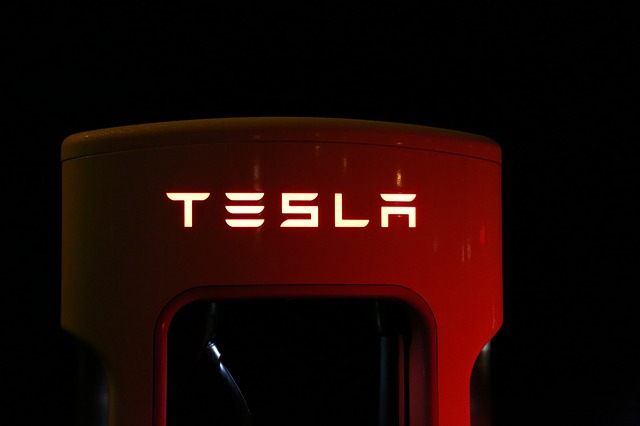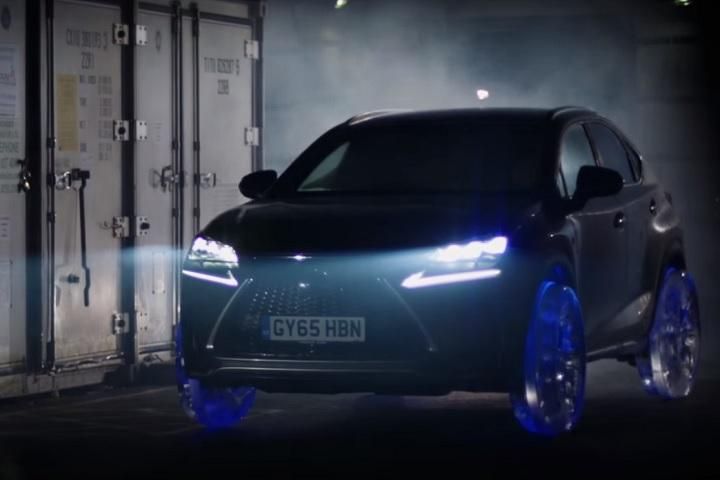Now Reading: Daimler to pull Smart mini-cars out of United States, Canada
-
01
Daimler to pull Smart mini-cars out of United States, Canada
Daimler to pull Smart mini-cars out of United States, Canada

The tiny, two-person Smart cars once thought as the next big thing in urban mobility will be discontinued in the United States and Canada by the end of the current model year, German automaker Daimler AG stated on Monday.
Smart cars, with their distinctive styling and ability to fit in half a parking space, found an audience in densely populated U.S. and Canadian cities. But that audience was not big and rapidly declined. Smart reported just 90 cars sold in the United States during March, dropping 18 percent from the year before.
U.S. sales of a wide range of small cars have collapsed during the past several years as relatively cheap gasoline and a strong economy have encouraged consumers to purchase larger trucks and sport utility vehicles.
The Smart brand’s electric cars offered just 58 miles (93 km) of driving range. Rivaling models such as the “mid-range” Tesla Model 3, with an estimated range of 264 miles, offered more range and more space for passengers and cargo. The range estimates are from the U.S. Environmental Protection Agency.
Daimler’s Mercedes-Benz brand, in a statement, mentioned “a number of factors” for the decision to end Smart’s run in the United States and Canada, “including a decreasing micro-car market in the U.S. and Canada, combined with high homologation costs for a low volume model.” Homologation refers to the changes needed to bring the European-designed Smart in line with U.S. regulations.
Daimler put an end to the sales of gasoline-fueled Smart cars in 2017.
Mercedes prepares to bring new, larger electric vehicles to the United States, starting with the release of the EQC sport utility next year. Those vehicles will assist Mercedes to meet zero-emission vehicle quotas in California and other states.
Mercedes dealers are still going to offer parts and fixes for Smart cars, the company said.
Stay Informed With the Latest & Most Important News
Previous Post
Next Post
-
 01Polestar Boss Says It’s Time To Outrun BMW M And Mercedes-AMG
01Polestar Boss Says It’s Time To Outrun BMW M And Mercedes-AMG -
 02Spy Shots: 2027 Mitsubishi Pajero Spotted in Testing Ahead of Possible U.S. Return
02Spy Shots: 2027 Mitsubishi Pajero Spotted in Testing Ahead of Possible U.S. Return -
 032026 Toyota Hilux EV: A Powerful Truck with Silent Torque
032026 Toyota Hilux EV: A Powerful Truck with Silent Torque -
 04Spy Photos: VW ID. Polo GTI Goes Electric with 223 HP and 280 Miles of Range
04Spy Photos: VW ID. Polo GTI Goes Electric with 223 HP and 280 Miles of Range -
 05The Controversial Ford Voodoo V8 That Was Killed Off Too Early
05The Controversial Ford Voodoo V8 That Was Killed Off Too Early -
![2027 Mercedes-Benz S-Class Debuts with V8 Engine [Photo Gallery]](https://speedlux.com/wp-content/uploads/2026/01/2027-Mercedes-Benz-S-Class-33-155x125.jpg) 062027 Mercedes-Benz S-Class Debuts with V8 Engine [Photo Gallery]
062027 Mercedes-Benz S-Class Debuts with V8 Engine [Photo Gallery] -
 07Hyundai Palisade’s Breakout Year Shows How Quickly the Market Can Turn
07Hyundai Palisade’s Breakout Year Shows How Quickly the Market Can Turn


![2027 Mercedes-Benz S-Class Debuts with V8 Engine [Photo Gallery]](https://speedlux.com/wp-content/uploads/2026/01/2027-Mercedes-Benz-S-Class-33-700x394.jpg)









































